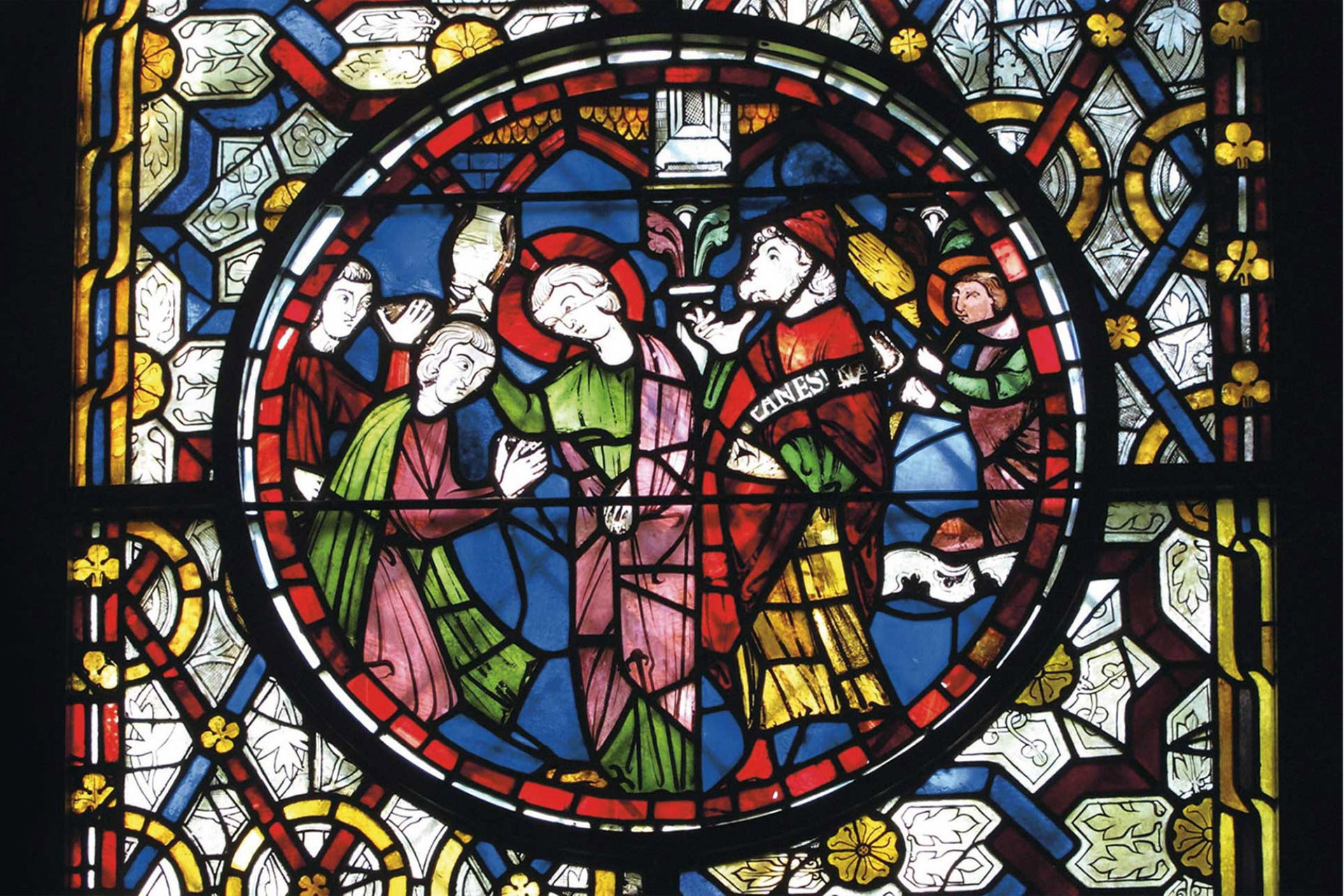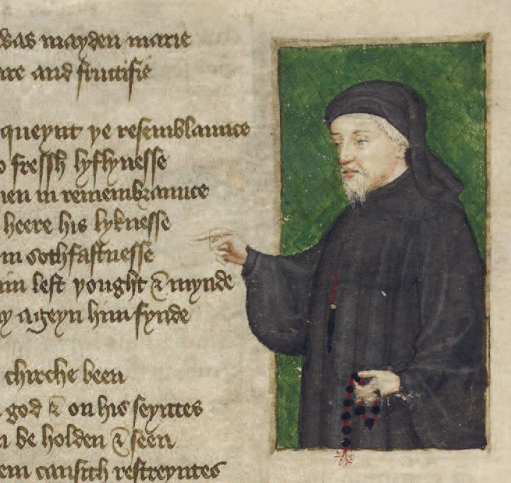MEMS and The School of English at the University of Kent are delighted to announce this year’s Chaucer Lecture by Professor David Wallace, Judith Rodin Professor of … Read more
Month: October 2018
Kent to play leading role in €10 million research project
Researchers at the University are set to play a major role in a new €10 million research project on the key role the Qur’an played … Read more
Dr Amy Blakeway on BBC Radio Scotland
MEMS’ Dr Amy Blakeway was a recent guest on the BBC Radio Scotland programme, ‘Time Travels’ and chatted to Comedian and history enthusiast Susan Morrison about … Read more
Professor Catherine Richardson’s Inaugural Lecture
MEMS is delighted to announce that Professor Catherine Richardson’s inaugural lecture, ‘local things for local people’?: Provincialism, Cultural Value, Shakespeare will be held in Grimond Lecture … Read more
The 2018 Renaissance Lecture by Prof Paul Yachnin
MEMS and the School of English at the University of Kent are delighted to welcome Paul Yachnin, Professor of Shakespeare Studies at McGill University, Montreal … Read more





